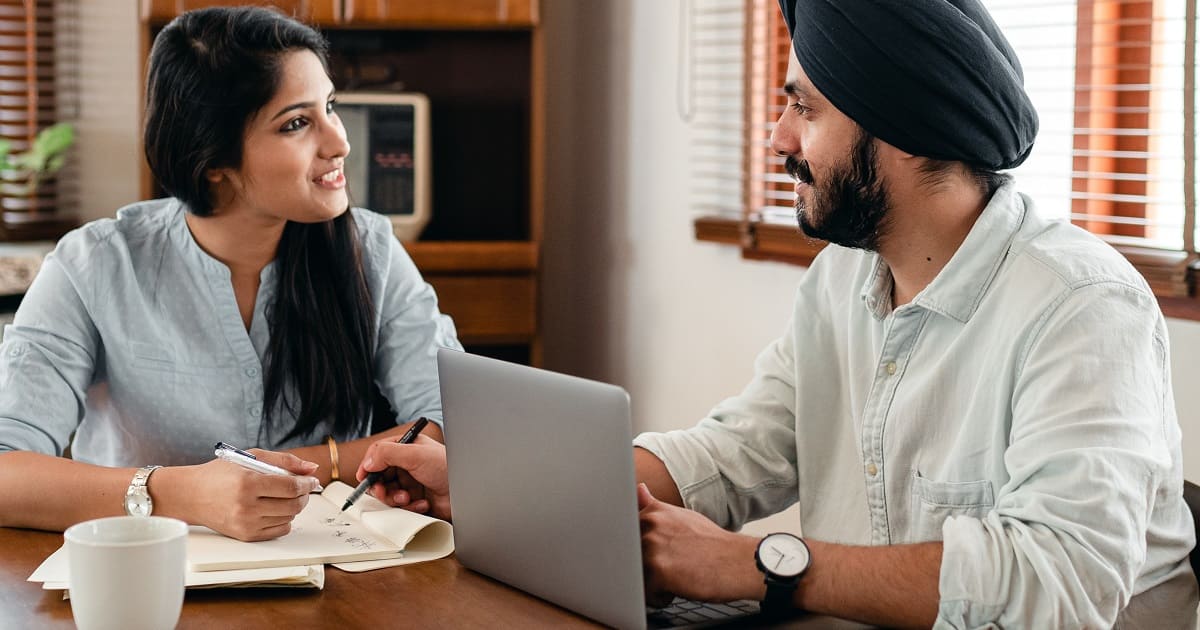Staying safe online. It’s a big topic and a daunting one at that. Password protection, VPNs, and anti-virus software are all words that we hear, but what do they actually mean? And how do you put them into action?
Well, an easy place to start is with your passwords. We all know we should set safer passwords online. Yet even so, just look at a common password from various countries in this study and infographic from ExpressVPN, and you’ll see that weak passwords are a universal oversight, with customers often including their own name or the name of someone close to them. It’s in our nature to choose something that’s easy for us to remember, or straightforward to type, hence 123456 being among the most common passwords in the world. But despite the temptation to set a simple password, it’s vital for us to get a bit smarter when it comes to our online security.
ADVERTISEMENT
How? Well, to begin with, make sure that your password is long, random, and unique. That means no pet names, no birthdays, and certainly not your first or last name. Plus, make sure that you use a different password for every online site, that way if it is guessed, hackers will only have access to one rather than all of your accounts.

You might be wondering why people set such weak passwords, to begin with, and the answer lies in the fact that we’re creatures of habit, and understandably choose words that are easy for us to remember. For example, the most common password in Turkey is Anathema after a popular band, and the most common password in India is Indyal23, the first three letters matching the country’s name. Closely following are common Indian names including Rahul, Simran, and Suresh, all three of which were cracked in a test hack in under two minutes. It’s clear to see that people pick passwords that are familial, but equally, this is exactly what makes them dangerous.
Of course, online security doesn’t end with password protection, in fact, according to The Guardian, there are 10 different precautions you need to take when browsing the web, ranging from verifying links before you click on them to being careful on a public network. The crux of all online safety advice is this – that you need to stay vigilant online and be aware that not everyone is friendly, this means not sharing personal information, being careful who you chat to, and using anti-virus software as an extra step. Plus, check your privacy settings and only visit secure websites.
With all that said and done, If these easy-to-hack passwords sound familiar, going forward, the easiest thing to do is to go through all your current passwords and make sure they are secure, replacing repeats with unique new letters and numbers. Some of the most secure passwords use a combination of uppercase and lowercase letters, alongside symbols and numbers, so that’s something to keep in mind. That way, the internet can remain a safe place for us all to enjoy as it was originally intended.
ADVERTISEMENT
ADVERTISEMENT












